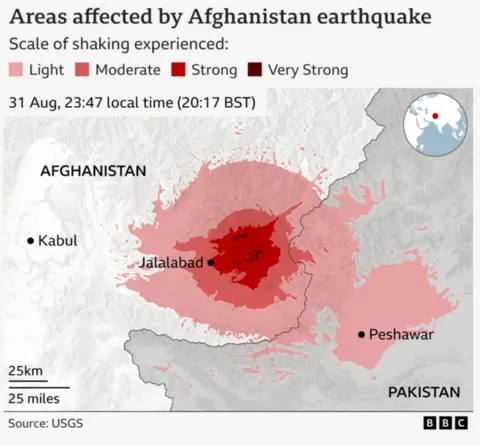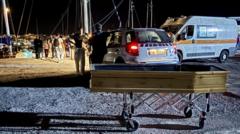Eighty-five years after their harrowing escapes from Nazi Germany, the memories of Kindertransport survivors are beginning to fade. Each recollection is a poignant snapshot – from a mother's tearful farewell at a train station to the anxious anticipation of settling in foreign lands. In 1938-39, following the horrific Kristallnacht pogrom, thousands of Jewish families made the heart-wrenching decision to send their children to safety. Approximately 10,000 children would find refuge in Britain, while a smaller number fled to other European nations.
Though separated from their parents and facing significant language barriers, these children were remarkably resilient. Many would go on to build rich lives, with a significant number eventually relocating to the United States. The Kindertransport, a humanitarian endeavor that concluded in September 1939, has garnered greater recognition in recent years, leading researchers to uncover new insights through archival materials and survivor interviews.
As time marches on, fewer than a few hundred survivors are believed to still be alive. The urgency to document their experiences and preserve their stories is ever-increasing. Here, we delve into the experiences of seven courageous survivors as they reflect upon a chapter of history that must never be forgotten.





















